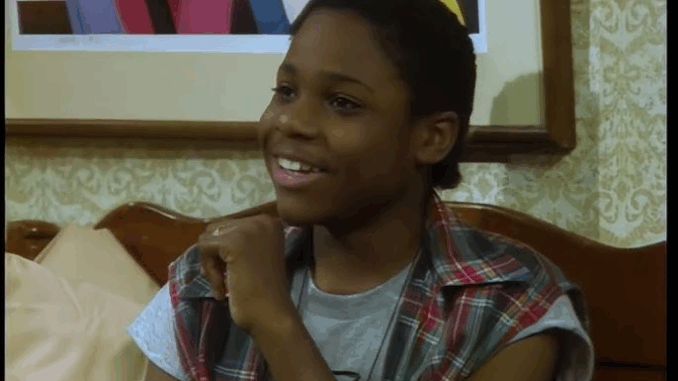
In the pantheon of American television, The Cosby Show once stood tall as a shining beacon of progress. Premiering in 1984, it revolutionized the portrayal of African-American families on screen, introducing audiences to the Huxtables — a successful, loving, and intellectually sharp household that challenged long-standing stereotypes.
For nearly a decade, the show didn’t just entertain — it inspired. It redefined what Black excellence looked like on prime-time TV and opened doors for more inclusive narratives in mainstream media. At its peak, The Cosby Show was not just a sitcom; it was a cultural movement.
But the glow of its legacy has dimmed dramatically.
The fall of Bill Cosby — once dubbed “America’s Dad” — cast a long, dark shadow over everything the show once represented. Accusations, convictions, and court trials stripped away the public’s trust, leaving a bitter question in their wake: can we separate the art from the artist? Should The Cosby Show still be celebrated, or has its legacy become irreparably tainted?
Networks pulled reruns. Viewers debated ethics. And yet, the show’s cultural impact remains undeniable. For millions, it was their first time seeing a Black doctor and a Black lawyer raising a family in love, intelligence, and laughter — not as side characters, but as the heart of the story.
Now, more than 40 years since its debut, The Cosby Show remains a case study in brilliance and betrayal — a complex symbol of how entertainment can both uplift and unravel. It forces us to grapple with the uncomfortable truth: that sometimes, the art that shapes us is born from deeply flawed hands.
